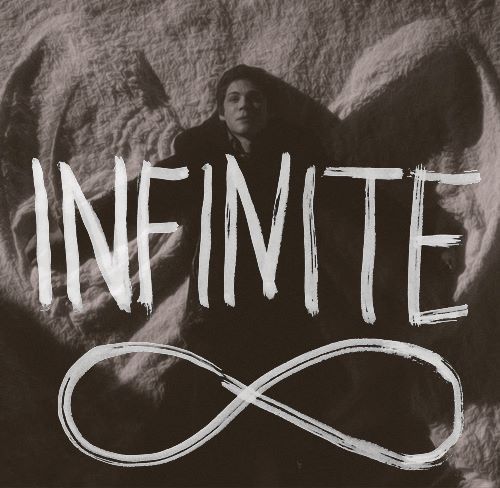Despite the fact that it came out in 1999, Stephen Chbosky's coming of age novel The Perks of Being a Wallflower suddenly became very popular amongst my peers back when I was a 9th grader in 2006. Like The Smiths or Sandman comics, the novel is one of those things that exist in cycles to greet every new generation of 15 year olds trudging through the loneliness and confusion of their burgeoning adolescence. Even back in 9th grade, I had an incessant need to keep my finger on the pulse, so I saw that everybody was reading and loving this book and I thought "I'm a depressed teen and people seem to really like this book. I should check it out."
Unfortunately, the general taste and recommendations of my friends let me down. I went in expecting a story that was going to "change my life" and reconnect these threads inside of me that felt like they were increasingly coming loose, but instead I got a poorly written novel that painted the adolescent experience in very broad strokes. Chbosky manages to churn out a passage or two that are brimming with insight and pathos, but for the most part, he peddles flat cliches and empty platitudes (such as the "we are infinite" quote that has become so famous since the book's release). Wrapping the story in its epistolary format doesn't help either -- the gimmick serves very little purpose and just makes the protagonist's overwrought musings seem even more stilted than they would normally sound.
So it came as quite a shock that once the film adaptation, also written and directed by Stephen Chbosky, was released, it was met with general acclaim. The adulation that the book got from my 15 year old classmates was one thing, but now the largely faithful-to-the-book adaptation was getting praised by 45 year old critics. Was I missing something when I first read the book? Did I judge it too harshly for not perfectly matching the way I experienced angst as a teenager? After watching the film, I'd say that the answer to both is a resounding no.
The Perks of Being a Wallflower film tries its best to bolster the weak foundation of the book with a winsome cast and an evocative soundtrack, but its insistence on hewing as closely to the source material as possible ends up being the biggest downfall. Logan Lerman as Charlie, the blank-slate of a main character in the film, plays the role with an endearing level of fragility, yet he never makes Charlie feel like more than a composition of every single meek and isolated teen protagonist imaginable. The world that Charlie inhabits, where outcasts are the coolest, most misunderstood, Smiths-loving misfits and jocks are brutes who just don't "get it," feels like a largely outdated and generic construct. Layered on top of that is the melodrama that presides over the whole affair, constantly trying to find the small beauty in these big sweeping pains and tragedies, but completely missing the mark.
One of the biggest points of contention in the novel, even among its most ardent fans, is near the end, where a past trauma plays a significant role in Charlie's growth as a character. In the book, this reveal is just another mawkish element to pile on top of the mountain of melodrama that the story had built up over the course of a few hundred pages. Fortunately, because the film doesn't focus heavily on the epistolary nature of the book, it's able to devote more time to subtle character building and the third act feels like less of a left-field turn. However, the implications of the development are as troubling as they are in the novel. Essentially, the film offers this trauma up as an explanation of why Charlie is the way he is, which is just a lazy and inexcusable device.
Central to the story of The Perks of Being a Wallflower is the theme of the importance of the teenage experience. Even though you may become an adult and find the intensity with which you felt emotions -- both pain and pleasure -- to be trivial, in the moment these stories matter. However, by making Charlie's story so drastic, the film contradicts the relatability of the small teenage experience. There are enough wonderful performances and memorable songs choices to trick you into thinking that you're actually feeling something real, but The Perks of Being a Wallflower inevitably becomes empty the more you think about it.

No comments:
Post a Comment